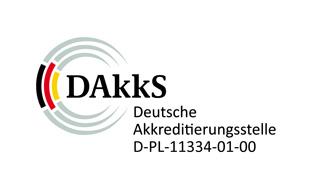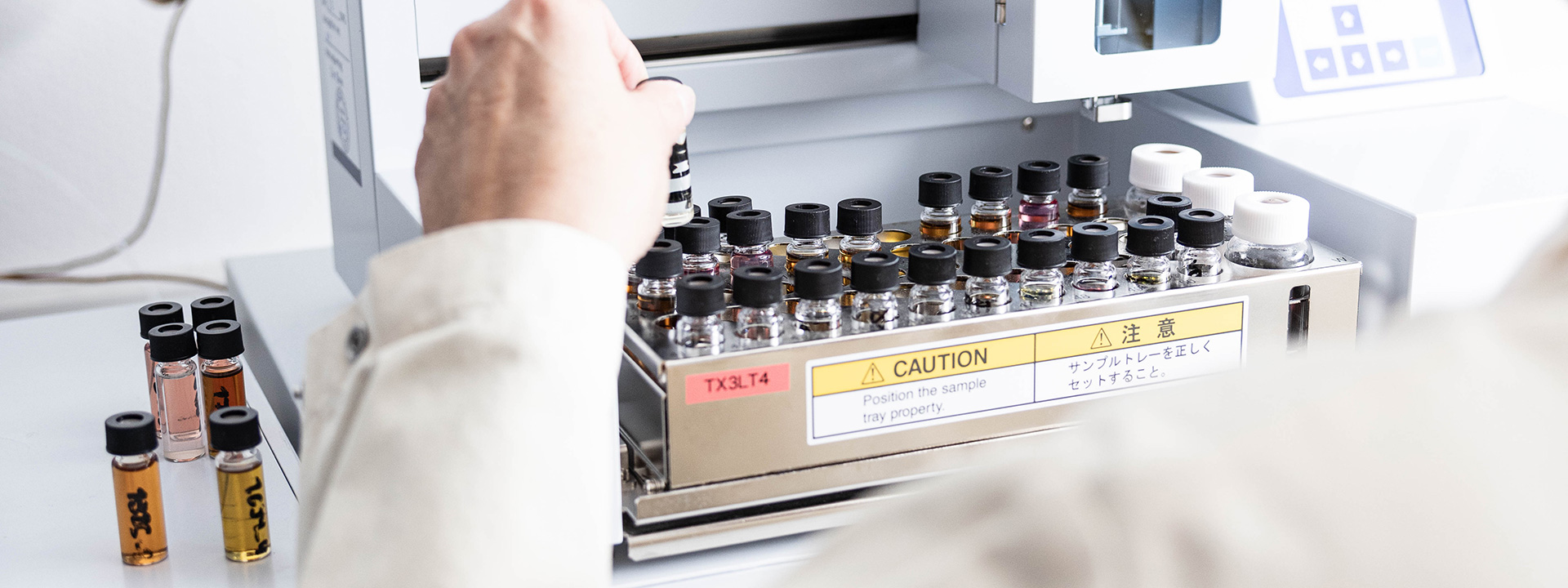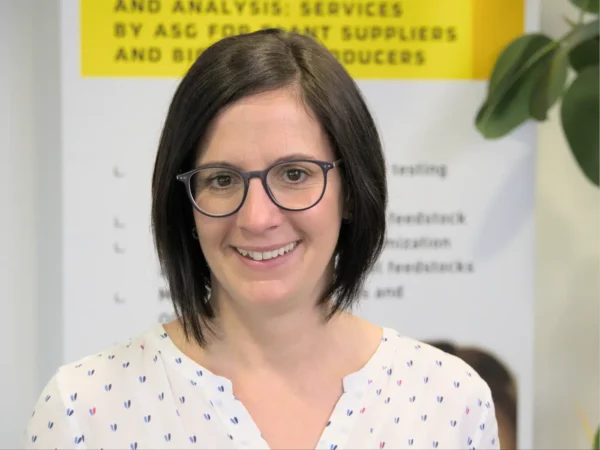CNG Analysis
Sampling and Transport of Gas Samples
For the transport of gas samples, we do offer metal-coated gas bags for sale, but prefer stainless steel pressure vessels to gas bags, as the composition of the gases in gas bags is not stable, especially if hydrogen is contained in larger quantities. Incidentally, gas bags are rejected by most delivery services.
If you do not have your own pressure containers available, containers with 150 ml (max. 200 bar) or 2500 ml (max. 50 bar) can be borrowed from us for a rental and cleaning fee. We can arrange the transport of these empty pressure vessels to the customer, whereas the transport of the filled gas cylinders to us must always be organised by the customer for legal reasons.
Since we cannot work with negative pressure during sample application, it must be ensured that the containers are pressurised to such an extent that at least 100 ml of gas can be extracted under normal conditions, i.e. the cylinder with a volume of 150 ml must have an overpressure of just under 1 bar.
If you do not wish to carry out the sampling yourself, we can offer sampling according to DIN EN ISO 10715 by trained personnel. In this case, the samples can be transported in our special vehicle in compliance with all regulations.
Since the analysis of gas samples from sampling to transport to measurement on the instrument raises some detailed questions, we recommend contacting us when you are planning a gas measurement. In this conversation, all important details such as sample vessels, connections, pressure conditions, duration of transport, etc. can be discussed in detail so that the incoming samples can be measured immediately. An appointment is particularly necessary for gas bags.
| Test Parameter | Method |
|---|---|
| Calorific value | DIN EN ISO 6976 |
| Density absolute | DIN EN ISO 6976 |
| Methane number (calculated) | AVL-Verfahren |
| Methane content | DIN EN ISO 6975 |
| Total content of C2 hydrocarbons | DIN EN ISO 6975 |
| Total content of > C2 hydrocarbons | DIN EN ISO 6975 |
| Propane content | DIN EN ISO 6975 |
| Butane content | DIN EN ISO 6975 |
| Pentane content | DIN EN ISO 6975 |
| Hexane and higher hydrocarbons content | DIN EN ISO 6975 |
| Oxygen content | DIN EN ISO 6975 |
| Hydrogen content | DIN EN ISO 6975 |
| Total nitrogen and carbon dioxide content | DIN EN ISO 6975 |
| Hydrogen sulfide content | DIN EN ISO 6326-1 |
| Mercaptan sulfur content | DIN EN ISO 6326-1 |
| Total sulfur content | ASTM D6667 DIN EN 17178 DIN EN ISO 6326-1 |
| Water content | DIN EN ISO 10101-3 |

In order to ensure a fast and smooth processing of your order, we kindly ask you to inform our expert Maria Steppich about the samples in advance. Of course, we are also happy to advise you on special questions in the field of gas analysis.
Download your analysis order form. After filling it out, please send it to us along with your product sample. Please see our Sample Shipping Guidelines.

We have been accredited for the
analysis of fuels since 1998.
The flexible accreditation allows the application of accredited test procedures with different dates of publication. Therefore, it may happen that an (outdated) version listed in the official annex to the accreditation certificate D-PL-11334-01-00 is no longer used in the ASG laboratory. A list that reflects the current status of the flexible accreditation is available by pressing the button “method list”.
Do you require specialized analytical methods for other substances or mixtures? Then you'll find what you need in our special analytics services.

